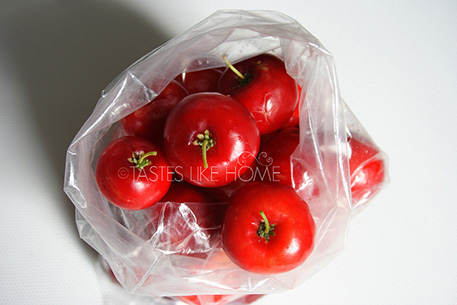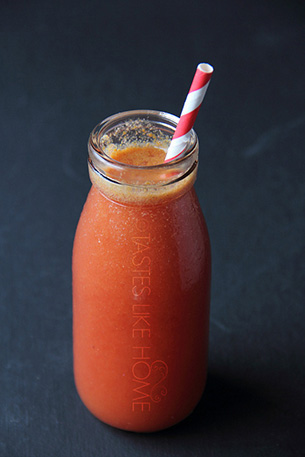Hi Everyone,
Over the years there have been and continue to be many complaints from parents about what their children won’t eat and don’t want to eat. The complaint is never about what their children can’t eat, as a result of allergies or digestive intolerances, it is simply that they won’t and don’t want to eat (fill in the blank).

Here’s my plea – please let’s ascribe the same degree and depth of importance to what we put on children’s plates. Let’s not neglect or squander the opportunity to educate and to teach. Our first encounter with food and drink is at home. It is where we learn to taste, to chew, to drink, to swallow. Therefore, it is imperative that we take on this responsibility with an equal measure of energy and ferventness as is done in all aspects of bringing up children.
At a glance, some of the lessons and values taught through what we put on a child’s plate are open-mindedness, tolerance, appreciation, respect, and the value of many things. These and the many other things learnt from what’s on the plate and on the table hold us in good stead in all aspects of life. I am not saying that we should force children to eat everything, but we should teach them to at least try it before outright denouncing whatever that food or drink is. As we encourage and coax them to try food, it is also the opportune time to educate them about the nutritional and health value of what they are eating. This way, they can make a connection between what they are eating, why they should eat it and why it is important that you as their parent are feeding them this particular food.
Parents have long learnt to be creative. (I say creative but it’s more like manipulative; that’s a conversation for another place and time. Laugh.) Being creative in this context means that parents know of ways of getting their children to do things. This is a skill that can be employed if you find that your children do not like particular foods or drinks. Try presenting it to them in a different way and you might be surprised at how receptive they are. For example, as a child (and even now as an adult), I cannot eat baigan/boulanger/eggplant the way my mother cooks it – cut in to long thick slices with tomatoes, onions, garlic, thyme and sometimes salt fish, all cooked low and slow in a covered karahi. It always looks appetizing and pleasing to the eye but cannot pass my lips. As a child, I had to try it, at least once, that was the rule in our home. When my mother fire-roasted that same baigan/eggplant studded with slices of garlic, and mashed it with finely minced onions, hot peppers and sometimes, fire-roasted tomatoes, I could not get enough of baigan choka. To date, it remains my preferred way to eat eggplant.
I have a friend who would not eat okra/ochro if it is fried, steamed, stewed, curried or in a slush but put that same okra in cornmeal cou-cou and my friend would lick the spoon. I know of a child who would not eat scrambled eggs but willingly eats eggs when his mom boils them. I know of another instance where a friend’s daughter who would not drink hot Milo but would gleefully drink Milo when her dad makes it as a cold drink. There are numerous examples I can give but you get the point.
Let me end by repeating my plea – place the same emphasis and importance on what we put on children’s plates as we do on all aspects of their upbringing. The food that we grow up eating is important to our sense of self, it is what connects us to family and home, and it helps us to understand who we are, as individuals and as part of a society.
Cynthia







